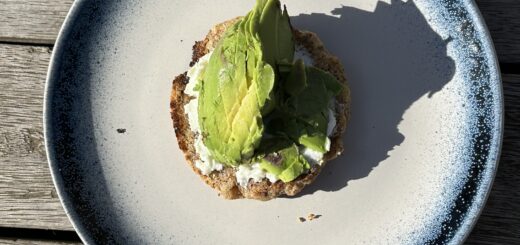Willpower, New Years Resolutions and other forms of self control.
The thing with resolutions (News Years, or otherwise) is that they take resolve. And resolve, otherwise known as willpower or self-control is hard work. You have to be disciplined. You have to resist urges, cravings and the influence of others. This is a definition according to the American Psychologists Association: Willpower is “the ability to delay gratification, resisting short-term temptations in order to meet long-term goals”.
Whilst we all have some degree of self-discipline, it appears that it is easy to wear it out. The effort of resisting temptation can create fatigue in our ability to self control. One interesting study showed that resisting the temptation (in this case, eating cookies) caused inability to stick at a further task (completing a difficult puzzle), whereas giving in to temptation enabled for longer perseverance at the same task (cookies, anyone?). Similar other studies involving suppressing emotional reactions affected physical stamina.
So what affects our ability to maintain good willpower? Research indicates that it is not vastly affected by sleep, but that it may be impacted by low blood sugar. In various studies, those who worked hard to maintain self-control have lower blood glucose than those who give in. If you think that this may make it more difficult to go on a diet, you may be right. This does stress the importance of applying healthy choices to diet, and using techniques to stabilise blood sugar, such as avoiding sugar spikes in diet, and eating complex carbohydrates rather than processed simple carbs.
So why are we not taught how to achieve higher levels of self-control? It is well established that having high levels of self-control is more closely linked with higher grades at school than IQ, along with improved self-esteem, the ability to establish successful relationships and be less likely to fall prey to addictions. It would appear that exercising regular self control can strengthen the individual’s ability to maintain discipline, so it would appear to be worth practicing.
In the meantime, what are some good tactics to create positive self-control:
- Avoid temptation. Don’t have the thing which you are trying to avoid, easily available to you. If you can’t see it, or access it easily, you are less likely to give in.
- Enable easy access to positive change. If you want to exercise in the morning, lay out the clothes the night before. If you want to eat better, pack a healthy lunch to take to work.
- Develop a reason to apply discipline. You are more likely to start running if you sign up for a charity fun run. The reason can be as simple as committing to making a change with a friend.
- Have a plan. Create a protocol which you are able to follow if faced with temptation. Practice saying “no, thank you” when offered temptation, and “yes, absolutely” when given positive choices. Make an accountability buddy, someone who can remind you of why you are making this choice – it can even be your Naturopath!
- Visualise your outcome. Write down how you want to feel, look or respond when you achieve the change which you want from your applied discipline.
Be realistic with your expectations. Only try to change one thing at a time. It is very difficult to stop eating sugar, drinking alcohol, start exercising and get off social media, all at the same time. But if you exercise your discipline and create a sense of achievement from changing one step at a time, you will be able to achieve more steps in time.
(Notes on the studies mentioned here: I can give you various references if you ask, but if you are interested, check out the main researchers: Roy Baumeister, Angela Duckworth and Mark Muravan.)
If you are looking for help in applying discipline to change an aspect of your life, please see me in clinic for support, or for a referral to appropriate physical or mental health support.
Cheers! Eve.
3 January 2019.



